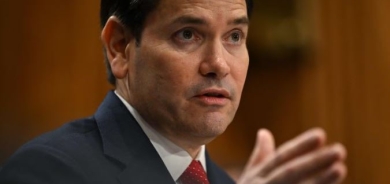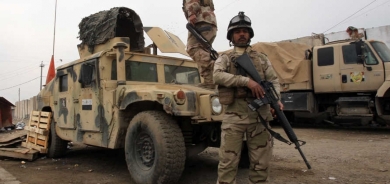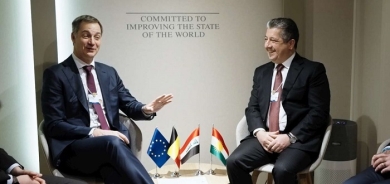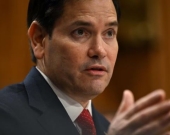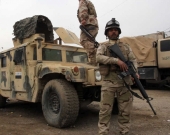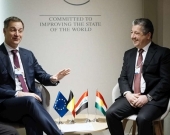Kurds to take part in Iraq government talks

This development signals the possibility of improved ties between the Kurds and the central administration in Baghdad.
Zebari told Reuters a final decision on whether the Kurds will end their suspension of participation in the government would come later. Outgoing Prime Minister Nouri al-Maliki had been locked in disputes with the Kurds over budgets and oil.
Zebari said Kurdish forces had pushed out Islamic State in Iraq and Syria (ISIS) fighters and recaptured Iraq's biggest dam in Mosul with the support of U.S. air strikes near the facility.
U.S. airstrikes in Iraq
On Sunday, U.S. President Barack Obama said the “limited” airstrikes he has authorized in Iraq in efforts to retake the largest dam from militants protected U.S. interests there, Agence France-Presse reported.
National Security Council spokeswoman Caitlin Hayden said the airstrikes supporting security forces were consistent with the War Powers Resolution, which requires congressional approval before the president can launch the country into war.
The strikes have been conducted since Friday at the request of the Iraqi government, according to Hayden. Backed by the U.S. warplanes, Iraqi Kurdish fighters retook the Mosul dam earlier Sunday.
It marked the biggest prize yet clawed back from ISIS militants since they launched a major offensive in northern Iraq in early June.
“On the evening of August 15, 2014, U.S. military forces commenced targeted airstrike operations in Iraq,” Obama said in his letter to House Speaker John Boehner and the Senate's number two Patrick Leahy.
“These military operations will be limited in their scope and duration as necessary to support the Iraqi forces in their efforts to retake and establish control of this critical infrastructure site.”
Highlighting the stakes at hand, Obama noted that “the failure of the Mosul dam could threaten the lives of large numbers of civilians, endanger U.S. personnel and facilities, including the U.S. Embassy in Baghdad, and prevent the Iraqi government from providing critical services to the Iraqi populace.”
“I have directed these actions, which are in the national security and foreign policy interests of the United States, pursuant to my constitutional authority to conduct U.S. foreign relations and as commander in chief and chief executive,” Obama wrote.
Earlier, U.S. Central Command said its forces conducted 14 airstrikes, damaging or destroying 10 armed vehicles, seven Humvees, two armored personnel carriers and one checkpoint operated by the militants.
A subsequent series of strikes by fighter and attack aircraft destroyed three ISIS armed vehicles, a vehicle-mounted anti-aircraft artillery gun, a checkpoint and an emplacement for an improvised explosive device.
Another nine U.S. airstrikes were conducted Saturday.
Since the War Powers Resolution was enacted in 1973, a series of American presidents have unilaterally initiated military strikes or land invasions on numerous occasions without Congressional approval, invoking their constitutional authority as commander in chief.
British involvement in Iraq
Separately, Britain will not send ground forces to Iraq, Prime Minister David Cameron said on Monday.
“Britain is not going to get involved in another war in Iraq. We're not going to be putting boots on the ground. We're not going to be sending in the British army,” he told the BBC.
These remarks come after Defense Minister Michael Fallon published comments earlier on Saturday saying Britain plans on stepping up its role in Iraq beyond a humanitarian mission and that the involvement is set to last for months.
However, a spokesman noted that Fallon had spoken, before the release of comments by Cameron that appeared to back some degree of military support but ruled out “sending armies to fight or occupy.”
“We should use all the assets that we have, our diplomacy, our political relationships, our aid, the military prowess and expertise we have, to help others,” Cameron explained Monday.
British troops were a major component of the U.S.-led force which invaded Iraq in 2003 and ousted Saddam Hussein.
(Al Arabiya with Reuters news agency)


